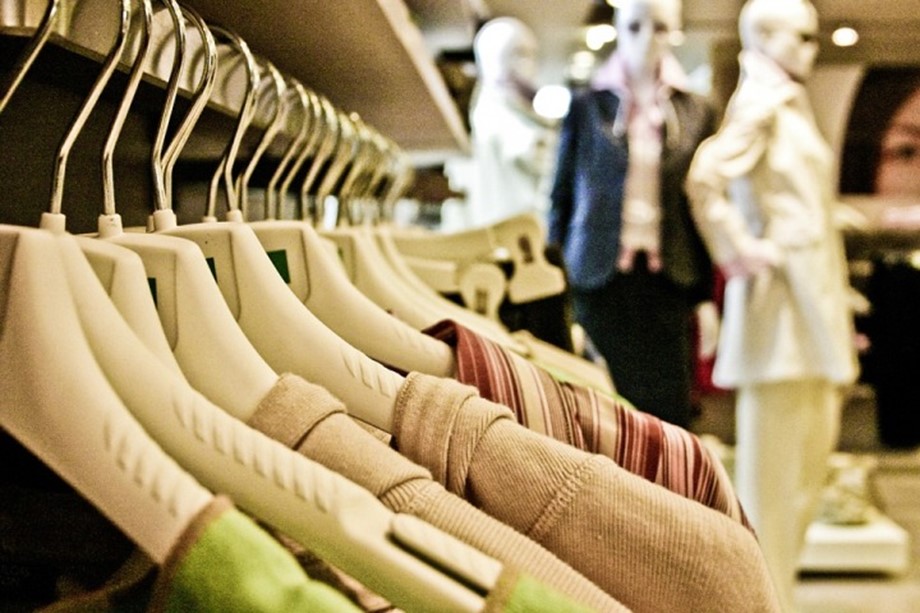UNITED NATIONS, Mar 26: In a bid to halt the fashion industry’s environmentally and socially destructive practices, and harness the catwalk as a driver to improve the world’s ecosystems, 10 different United Nations organisations established the UN Alliance on Sustainable Fashion, launched during the 2019 UN Environment Assembly, which took place in Nairobi in March.
“If we carry on with a business-as-usual approach, the greenhouse gas emissions from the industry are expected to rise by almost 50 per cent by 2030,” Elisa Tonda, Head of the Consumption and Production Unit at UN Environment.
Elisa Tonda, Head of the Consumption and Production Unit at UN Environment (UNEP), one of the 10 UN bodies involved in the Alliance, explained the urgency behind its formation The global production of clothing and footwear generates 8 per cent of the world’s greenhouse gas emissions and, with manufacturing concentrated in Asia, the industry is mainly reliant on hard coal and natural gas to generate electricity and heat. If we carry on with a business-as-usual approach, the greenhouse gas emissions from the industry are expected to rise by almost 50pc by 2030.
British artist and environmental activist, Elle L was one of the speakers at the launch, and she told UN News that she agrees that fast-fashion was the biggest obstacle to sustainability there’s a real pressure to buy, and there are no brake pads to slow over-production and over-consumption. We need better labelling, so that people know what they’re buying; a tax or a ban on synthetic fibres which are causing serious environmental damage and contributing to a micro-plastics crisis; and a shift in mindset regarding over-production and over-consumption.
Increasingly, and particularly over the last 10 years, it is social media ‘influencers’ like Lucia Musau, an award-winning fashion and lifestyle blogger based in Kenya, who are effectively spreading the kind of messages that can help highlight the negative consequences of fast fashion.
UN News spoke to Lucia whilst she was taking part in talks about sustainable fashion at the UN Environment Assembly, and she agreed that, over time, she has become a voice to be reckoned with, advising people on trends and influencing what they buy As global citizens we have a big role to play. We’re becoming more conscious about the fashion we consume, and gone are the days when you could just buy something because it’s trendy. If a Kenyan designer wants me to promote them, I want to know exactly how they produce the clothes, said the blogger, who’s also supporting the new UN alliance.
As consumers become more aware, the industry will have no choice but to adapt to their needs, she said.


